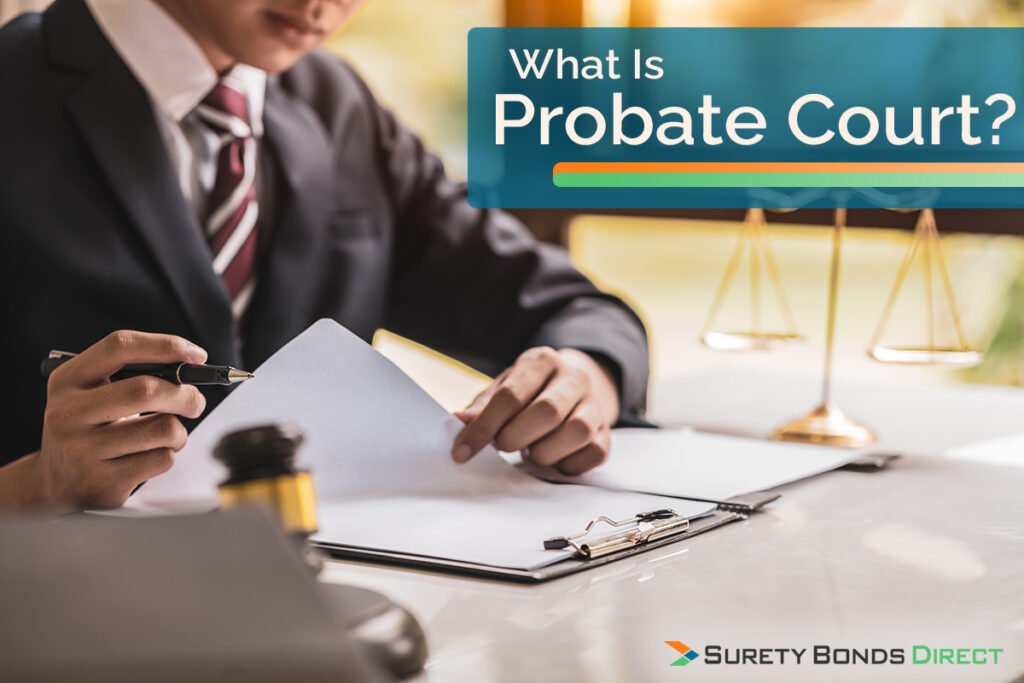When dealing with matters related to estates, wills, and guardianships, individuals often find themselves navigating the complexities of the court system. In the realm of legal procedures, probate court plays a pivotal role in overseeing the administration of a deceased person’s estate. The county probate court and superior court are two crucial entities that handle probate matters, each with its own set of functions and jurisdictions.
Court System Overview
Understanding the Role of Probate Court
Probate court has exclusive jurisdiction over probate matters, including the distribution of assets to beneficiaries and appointing conservators to manage estates. These proceedings are vital in ensuring that the deceased’s wishes are carried out effectively. A judge in probate court handles these administrative tasks, guiding the process through hearings and judicial decisions.
Differences Between County and Superior Courts in Probate Cases
While both county and superior courts may handle probate cases, the distinctions lie in their scope and authority. Family court matters within probate cases are typically resolved within the county probate court, whereas complex or higher-value estates may fall under the jurisdiction of the superior court.
Family Court Matters in Probate Cases
Family court matters within probate cases often involve issues like guardianship, custody, and conservatorships. Probate court also plays a significant role in family-related proceedings, ensuring that the best interests of family members are upheld in legal matters such as the issuance of marriage licenses and involuntary commitment for mentally ill individuals.
Legal Processes in Probate Court
Handling Wills and Estates
When it comes to handling wills and estates, probate court plays a crucial role in overseeing the distribution of assets to beneficiaries as per the decedent’s wishes. The probate court judges are responsible for appointing conservators to manage the estates efficiently. These proceedings are essential to ensure that the estate administration is conducted in accordance with the law and the decedent’s instructions.
Guardianship Proceedings in Probate Court
Guardianship proceedings in probate court involve matters related to the care and custody of minors or incapacitated adults. The probate court has jurisdiction over appointing legal guardians to protect the interests of individuals who are unable to care for themselves. These proceedings are aimed at safeguarding the well-being and rights of those requiring guardianship assistance.
Trust Matters in Probate Court
Trust matters in probate court typically pertain to the administration and distribution of assets held in trust. The probate court oversees the proper management and transfer of trust assets to the designated beneficiaries. This process ensures that the trust terms are followed accurately and that the beneficiaries receive their rightful inheritance as intended by the trust creator.
Probate Court Procedures
Probate court procedures encompass a series of legal steps involved in handling estates, wills, and guardianships. Understanding the processes within probate court is essential for individuals involved in administering a deceased person’s estate or navigating family court matters.
Scheduling a Hearing in Probate Court
When scheduling a hearing in probate court, individuals must adhere to specific timelines and procedures set by the court. The court judge plays a crucial role in overseeing the scheduling process and ensuring that all parties involved are informed of the hearing date and requirements. Whether it’s for the distribution of assets, appointing a conservator, or resolving guardianship issues, scheduling a hearing in probate court is a critical step in moving the legal proceedings forward.
Filing Objections in Probate Court
Individuals can file objections in probate court to raise concerns or disputes regarding estate administration, conservator appointments, or distribution of assets. Filing objections involves submitting legal documents outlining the reasons for the objection and providing supporting evidence. The court reviews these objections, holds hearings if necessary, and makes judicial decisions based on the evidence presented. Filing objections is a mechanism to ensure that individuals have a voice in the probate process and that their rights are protected.
Remote Court Appearances and Announcements
In today’s digital age, remote court appearances and announcements have become increasingly common in probate court proceedings. Parties involved in probate matters may participate in court hearings virtually, saving time and resources associated with in-person appearances. Remote announcements, such as court decisions or schedule changes, are communicated through electronic means, ensuring that all involved parties are informed promptly. Embracing remote court appearances and announcements enhances the efficiency and accessibility of probate court proceedings while adapting to modern technological advancements.
FAQ and More Information
Commonly Asked Questions about Probate Court
Probate court is a crucial entity within the legal system that deals with matters related to estates, wills, and guardianships. Understanding the distinctions between county and superior courts in handling probate cases is essential for individuals navigating the court system in such matters.
How to Contact Probate Court for Assistance
When individuals require assistance or guidance regarding probate court processes, contacting the probate court directly is the recommended course of action. Probate court services are available to help individuals understand the procedures, schedule hearings, file objections, or obtain legal advice regarding probate matters.
